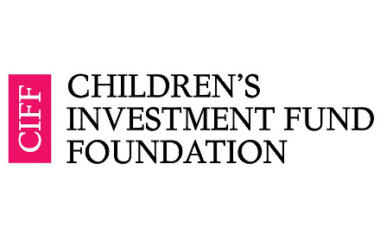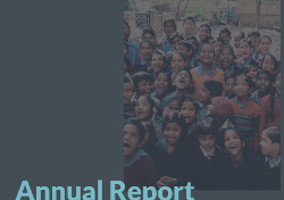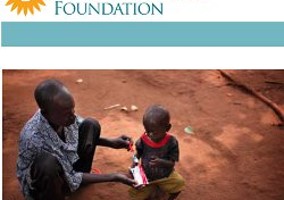The High Court has ruled that the Children’s Investment Fund Foundation must give another charity £280m following a high-profile divorce settlement.
CIFF was jointly founded by Sir Christopher Hohn and his then wife Jamie Cooper, and works with partners to “transform the lives of poor and vulnerable children in developing countries”. It has assets of over £3.13bn.
Both Hohn and Cooper were trustees of the charity, creating conflicts in its administration. A settlement agreed as part of the divorce agreed that Cooper would resign from the charity, and that CIFF must give £280m to charity Big Win Philanthropy, which is run by Cooper. CIFF agreed to make the grant to BWP provided that approval was obtained from either the Charity Commission or the courts. The Commission recommended that the decision should be made by the courts.
The judgement, which was approved on Friday 9 June, allows the grant to go ahead.
Payment of the grant will be a “payment for loss of office to a director” of CIFF, under sections 215 and 217 of the Companies Act 2006, and would need to be sanctioned by a resolution of the members of CIFF before it could be paid, with prior consent of the Charity Commission.
The members consist of Hohn, Cooper, and a third party - another of the charity's trustees - Dr Marko Lehtimaki. As a result of being the only party with no conflict of interest, Lehtimaki became part of the court proceedings and the only voting member of CIFF.
Lehtimaki had previously said that he was "concerned that the narrative in this case may be moving away from the subject of charity and on to the subject of relationships", and that this is "not appropriate". He said he would take the court's view into account but not feel bound by it.
However the court ruled that he would be directed by the decision of the court and the Commission - and therefore directed to approve the decision, "otherwise the essential interests of charity which the court is there to protect would be put at risk".
In the judgement Sir Geoffrey Vos, chancellor of the High Court, said it is relatively clear that the Commission has deferred to the court in relation to the decision as to whether the making of the grant is “expedient in the best interests of CIFF” and that the Commission felt the grant should, therefore, be sanctioned, but had decided to wait and see what the court decides before giving its prior approval.
Vos ruled that in the unique circumstances of the case it would be in the best interests of CIFF to approve the grant. Adding that the making of this grant will “bring a conclusion to the dispute and the governance problems that it has created for CIFF, and will avoid further legal and other expenses being incurred, and allow the protagonists to return to devoting their efforts and talents to charity”.
Cooper had also promised to donate £32m of her own money if the payment went through, and Hohn said he would also donate £32m to BWP.
Grant awating approval from Charity Commission
Jonathan Crow QC, for Hohn, had previously said it would be wrong for CIFF to have to pay the sum because it was not driven by the benefit of BWP, but as a result of “haggling bound up in the financial dispute originating” from their divorce proceedings.
Matthew Dontzin, whose firm Dontzin Nagy & Fleissig, represented Ms Cooper, said: "This is a well-deserved victory for Ms Cooper, whose life's work has become helping underprivileged children in the developing world."
The grant still needs approval from the Charity Commission before it goes ahead, under the terms of CIFF’s constitution.
A Charity Commission spokesman said: “We note the judgement of the court in the CIFF case. We will be giving full consideration to the proposed grant when the matter is referred to us in line with the judgement.”
Leticia Jennings, partner of Bates Wells Braithwaite, said: “The judgment was the culmination of a focussed effort by all involved to ensure good order at one of the country’s leading charities whilst at the same time securing further substantial donations to charity and enabling Ms Cooper – who has worked as an unpaid charity chair and trustee for over a decade - to continue her exceptional work in the sector”.
CIFF was approached for comment.
Related articles












